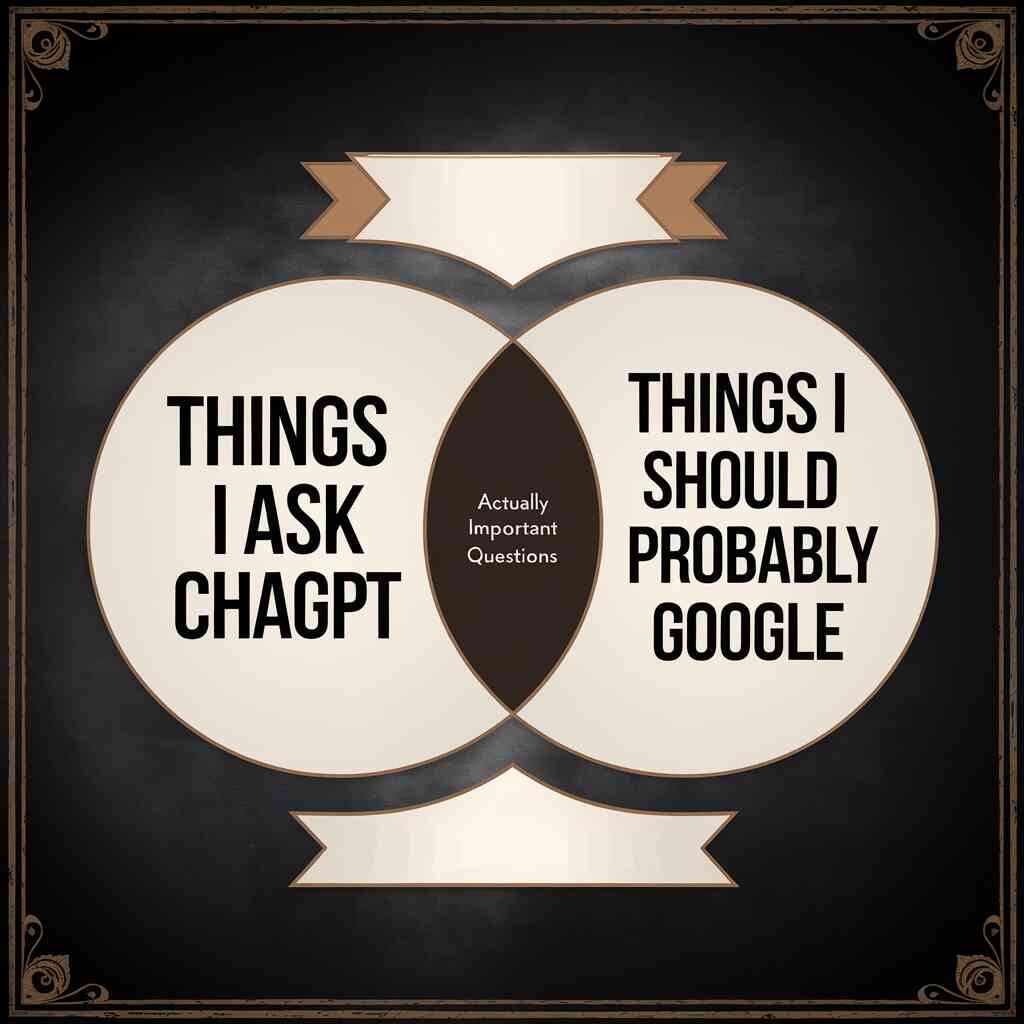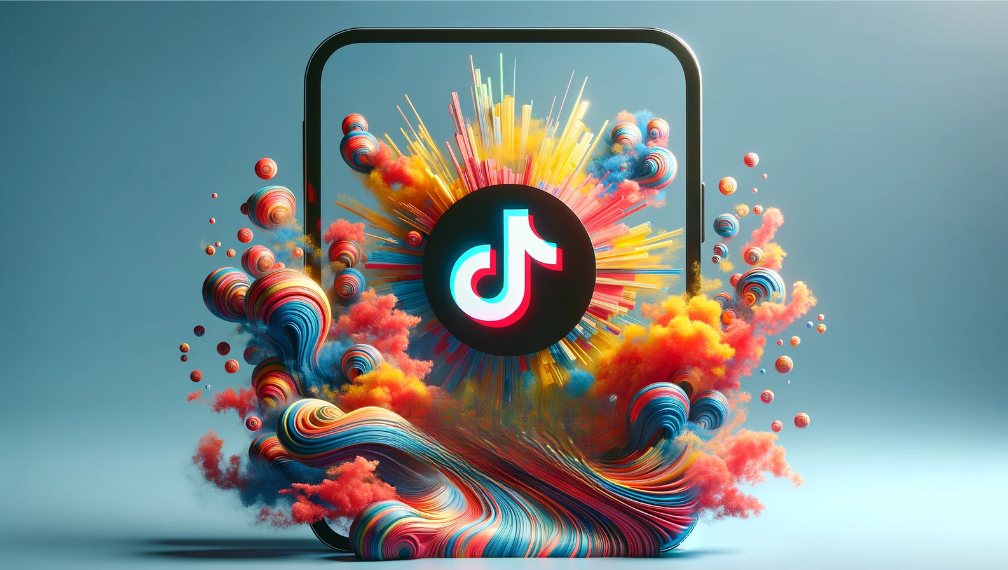The Shocking Truth About ChatGPT Dependency Syndrome That Therapists Don’t Want You to Know

The Shocking Truth About ChatGPT Dependency Syndrome That Therapists Don’t Want You to Know
As mental health professionals worldwide grapple with the rising tide of ChatGPT dependency syndrome, a new pattern of behavioral symptoms has emerged. Studies show that 73% of users exhibit signs of what experts are calling “prompting anxiety” – the irrational fear of not optimizing their AI interactions.
The Five Stages of ChatGPT Grief

Dr. Sigmund Freud*, communicating through a questionably reliable medium, offered his perspective: “Sometimes a prompt is just a prompt, but when you’re asking ChatGPT about your mother at 3 AM, we might have a problem.”
March E. Tellerman, PISR’s Master of Marketing Madness, provides his colorful insight: “Y’all, this ChatGPT dependency syndrome is spreading faster than gossip at a church potluck! Folks are treating their AI chats like a digital therapy session, except the therapist never needs a bathroom break and doesn’t judge you for wearing pajamas during sessions!”
The Intervention Phase
Symptoms of ChatGPT dependency syndrome include:
– Experiencing withdrawal when the API is down
– Compulsively fact-checking ChatGPT with ChatGPT
– Developing parasocial relationships with specific system prompts

“It’s reached a point where people are using ChatGPT to draft breakup texts to ChatGPT,” notes Dr. Emma Bennett, who specializes in human-AI relationship counseling. “The recursive nature of the dependency is both fascinating and slightly concerning.”
The Road to Recovery
As we navigate this new frontier of digital codependency, remember that admitting you have a ChatGPT dependency syndrome is the first step. The second step is not asking ChatGPT how to overcome your dependency on ChatGPT.
*Note: Freud’s quote may or may not have been generated by an AI with questionable historical accuracy
Free PISR Courses – Check Them Out!
Win 1 year of Golden Shower Membership FREE!








Responses